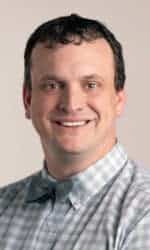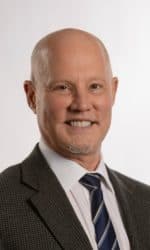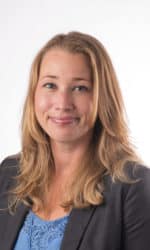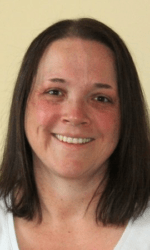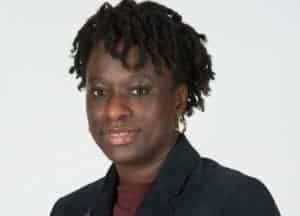TRI has issued the call for Letters of Intent and Request for Proposals for its Community-Based Participatory Research (CBPR) Scholars Program.
The Scholars Program, which begins January 2021, was established to increase community-partnered research at UAMS to better serve the research needs of the Arkansas community and ultimately to reduce health disparities.
This program is led by TRI’s Community Engagement Program and will provide participants with the foundational knowledge of CBPR and skills to:
- Develop meaningful, equitable partnerships (academic researcher and community partner)
- Learn together how to conduct community-based participatory research
- Jointly develop and submit a scientifically sound funding proposal for targeted pilot funding of up to $50,000 from TRI. (Participation in this course does not guarantee an award)
Find additional information here.
Deadlines:
- Letters of Intent (encouraged but not required): Aug. 15, 2020
- Grant Proposal: Oct. 1, 2020
For any questions, contact: Rachel Hale rbhale@uams.edu

